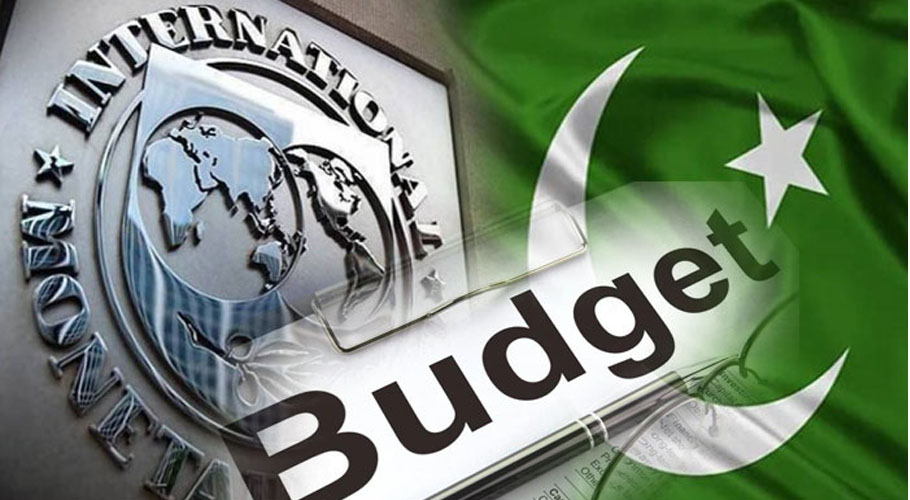IMF wants stringent implementation to meet targets after concluding meetings with Pakistani authorities
Federal Finance Minister Muhammad Aurangzeb Says No Mini-Budget Will Be Introduced, Tax Collection Target of PKR 12,970 Billion Will Be Achieved
ISLAMABAD ( WEB NEWS )
The International Monetary Fund (IMF) issued its communique on Saturday after concluding meetings with Pakistani authorities.
According to the communique, mission chief Nathan Porter led the IMF team during negotiations with Pakistani authorities from Nov 12-15 in which talks were also held with the provincial governments and private sector.
It further said that interaction with Pakistani side on the economic matters remained positive, adding that the IMF team visited Pakistan for biannual review of the Extended Fund Facility (EFF) in which economic reforms, policies and overall performance of the government was reviewed.
“The negotiations with Pakistani higher-ups remained positive overall. The government is determined to collect tax from those sectors which were hitherto untaxed. Greater role of provinces for social protection and development also came under discussion,” said Nathan Porter. He said challenges and reforms in energy sector were also discussed, adding that several sectors required enhanced input from the private sector and limited role of the government.
“The government strictly needs to implement targets agreed under the Extended Fund Facility (EFF),” he added. He went on to say that performance of the government will be highlighted in meeting with the IMF executive board while confirming mission’s first quarterly visit in 2025.
No Mini-Budget Will Be Introduced, Tax Collection Target of PKR 12,970 Billion Will Be Achieved. Aurangzeb
In an interview with a private TV channel, Federal Finance Minister Muhammad Aurangzeb stated that there will be no mini-budget in Pakistan. He confirmed that the tax collection target of PKR 12,970 billion will be met. He further explained that tax collections would be improved through enforcement and administrative measures.
The Finance Minister also mentioned that Pakistan has successfully achieved the primary surplus target, and the National Fiscal Pact has been approved by the Cabinet. Following this, there is no need for a revision of the National Finance Commission (NFC) award. He particularly thanked the Chief Minister of Sindh for his role in approving the fiscal pact.
Aurangzeb stated that whenever national interests were at stake, Khyber Pakhtunkhwa (KP) had always been found at the forefront. He described the purpose of his visit to the IMF as one focused on building trust, rather than merely assessing the economy. He mentioned that the talks with the IMF were constructive and purposeful, and that face-to-face discussions were necessary on certain points. The IMF delegation listened carefully to Pakistan’s position and appeared satisfied with the discussions.
Regarding the privatization of PIA (Pakistan International Airlines), he acknowledged that the bidding process had faced setbacks but assured that it would move forward. He also discussed reforms in the energy sector, noting that there are plans to privatize GENCOs (generation companies), DISCOs (distribution companies), and airports.
Lastly, the Finance Minister revealed that the government is continuing efforts to right-size its departments, with restructuring completed in eleven departments and ongoing in five others. He also mentioned ongoing work on the pension system, stating that all civil bureaucrats will contribute to the pension fund.

